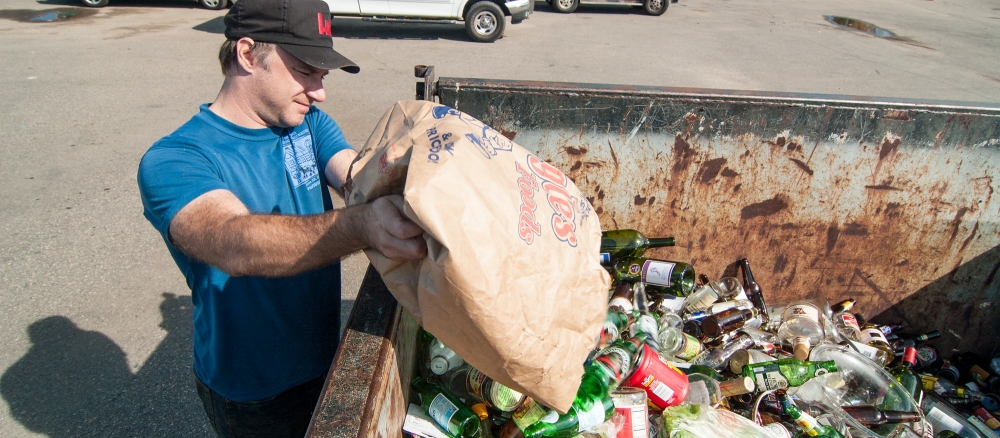The MPCA has announced five grant recipients who will receive a total of more than $1 million in grants for projects to increase the efficiency and effectiveness of waste reduction, reuse, recycling, and composting efforts in Greater Minnesota communities. These projects will ultimately reduce the amount of waste entering landfills, benefitting the environment and local economies.
“We are committed to reducing the amount of trash and construction debris that unnecessarily ends up in landfills and has negative environmental impacts across Minnesota,” says Dave Benke, Resource Management and Assistance Division director at the MPCA. “These grants will empower five communities to help tackle our state’s growing waste problem at the local level and fund projects that work for them.”
The Walz-Flanagan administration is working together across agencies to make Minnesota the best state for kids and families. That work includes reducing the amount of trash that is sent to landfills, which will improve public health, conserve energy and natural resources, and reduce pollution and greenhouse gas emissions that contribute to climate change. The MPCA’s grants will help make recycling more convenient for residents in five Greater Minnesota communities.
Nearly two-thirds of the trash in Minnesota’s landfills can be reused or recycled. If the current trends continue, nearly 8 million tons of additional waste will be sent to landfills over the next 20 years.
When the Minnesota Legislature allocated materials management and solid waste grants funding in 2023, the MPCA expanded this grant program to better align with the waste hierarchy by including waste reduction and reuse efforts.

Minnesota’s waste management hierarchy prioritizes waste reduction and reuse over other waste management options. This change in eligible activities will help reduce waste before it must be recycled or composted while keeping those activities eligible where there is a demand.
Grant recipients
Todd County
- Grant award: $186,625
- Project cost: $248,975
Todd County plans to enhance its current recycling program by increasing the number of recycling material drop sites. Currently, there is only one offsite recycling location in Todd County (located in Bertha). A detailed education and data evaluation will be conducted with the grant funding.
Red Lake Band of Chippewa
- Grant award: $249,268
- Project cost: $311,768
Obaashiing Transfer Substation on the Red Lake Indian Tribal Nation plans to expand, constructing a building to process recyclables, household hazardous waste, electronics, and reuse.
Otter Tail County Solid Waste
- Grant award: $250,000
- Project cost: $476,080
Otter Tail County Solid Waste plans to purchase 3,000 household recycling carts for single-sort recycling. It will contract with a hauler to collect recyclables for 18-24 months from 763 households in two cities in the southeast quadrant of the county. Education will also be provided. This is implementation of the county’s recycling feasibility study.
Chisago County Environmental Services
- Grant award: $249,766
- Project cost: $510,176
Chisago County One Stop Shop plans to improve the safety and efficiency of the current household hazardous waste facility and expand floor space so that reuse, reduction, and recycling efforts can be added.
Pope Douglas Solid Waste Management
- Grant award: $160,591
- Project cost: $442,191
Pope Douglas Solid Waste Management plans to purchase an optical sorter for its materials recovery facility. It is expected that this overall project will increase the rate of recovered recyclable material from the waste-to-energy facility sort process from 0% to an estimated 1.5%.
